June 23, 2025
Support Coordination
What Are the Key Support Coordinator Duties in NDIS?

Let’s be real—navigating the NDIS can feel like trying to assemble IKEA furniture without the instructions. That’s where your NDIS Support Coordinator comes in. Their role isn’t just administrative; it’s strategic, person-focused, and central to making your NDIS plan work for you, not the other way around.
Whether it’s understanding what your funding covers, linking with the right providers, or resolving service hiccups, support coordinators are the steady hand guiding the process.
Core Duties of an NDIS Support Coordinator
So, what do they actually do?
Here are the main responsibilities every NDIS participant should be aware of:
✅ Helping You Understand Your Plan
They break down the NDIS language into real-life meaning and ensure services align with your personal goals.
✅ Linking You with the Right Providers
From personal care to accommodation needs like Supported Independent Living (SIL), they help you find trustworthy, suitable providers. (If you're in or around Gosford, having local coordination matters. At Abled Care Services, our Gosford-based SIL team is one example of seamless local service integration.)
✅ Setting Up Service Agreements
Support coordinators help manage agreements, monitor services, and address issues quickly so things don’t spiral.
✅ Preparing for Plan Reviews
They guide you through what’s needed for reviews—gathering reports, outcomes, and what’s working (or not).
✅ Encouraging Confidence and Independence
Over time, a good support coordinator helps you build the capacity to self-advocate and make informed decisions.
Support Coordinator vs Specialist Support Coordinator
Here’s a quick comparison to clear the fog:
| Feature | Support Coordinator | Specialist Support Coordinator |
|---|---|---|
| Complexity Level | Low to moderate | High, multi-agency involvement |
| Focus | Day-to-day implementation | Crisis management, system navigation |
| Training Required | General NDIS knowledge | Specialist experience, mental health |
| Type of Participant | Stable supports | Complex behavioural or housing needs |
If you’re working through high-stress situations (e.g. unstable housing, hospital discharge), a Specialist Support Coordinator may be more appropriate.
Why These Duties Matter
Knowing what your support coordinator should do empowers you to:
Set realistic expectations
Identify gaps in service
Maximise your plan’s value
Advocate more confidently
Many participants find that once they understand what support coordination involves, the NDIS feels far less overwhelming.

How Support Coordinator Step Up in Tough Times?
Support coordinator isn’t emergency responders, but they’re often the first to notice when something’s not right. Here’s how they help:
Spot early warning signs
Coordinate with emergency contacts
Notify the NDIA of significant changes
Assist during major transitions (e.g. hospital stays or legal matters)
Think of them as the calm in the storm — not crisis managers, but reliable navigators.
Strategies for Improving Participant Outcomes
Great support isn’t just about keeping the plan afloat — it’s about helping participants thrive.
Here’s how that happens:
Setting Clear Goals: Coordinators translate big-picture dreams into achievable action steps.
Encouraging Provider Collaboration: No silos here — everyone’s on the same page.
Tracking Progress Over Time: Regular check-ins help tweak and evolve the plan.
Building Skills: The end goal is always greater independence and confidence.
Working with the Wider NDIS Team
Support coordination is a team sport.
From allied health professionals to plan managers, here’s what collaboration often looks like:
Case conferencing for holistic planning
Coordinating reports for NDIA reviews
Ensuring providers don’t duplicate services
Acting as a bridge between services so you don’t have to repeat your story ten times

What You Should Expect from a Good Coordinator
Still unsure what “good” looks like?
You have every right to expect the following:
Proactive communication and follow-ups
Honest guidance about your options
Respect for your choices, culture, and goals
Help navigating any bumps in the road
At Abled Care and Nursing Services, we believe support is more than coordination — it’s connection. Whether we’re linking you to a trusted provider or guiding your transition to a SIL home in Gosford, our support coordinators bring clarity and care every step of the way.
Final Thoughts: Building Confidence in Your Plan
The right support coordinator can change the way you experience the NDIS. They won’t just help you use your plan — they’ll help you own it.
When things get complicated, you don’t need another service. You need someone who gets the system, speaks your language, and genuinely wants to help. That’s what true support coordination looks like.
If you’re looking for NDIS support coordination that aligns with your needs — or you’re exploring Supported Independent Living options in Gosford — reach out to the team at Abled Care and Nursing Services. We’re here to help you live your plan with purpose.






